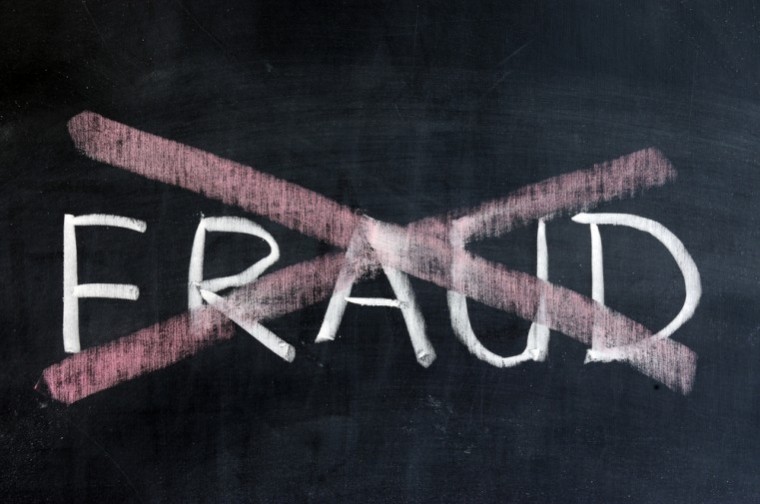Farmers are being warned of the increased threat of fraud in the run up to Christmas as criminals deliberately target the agricultural sector. With the bank accounts of farmers likely to be full after receiving funds from the EU at this time of year, they are a very attractive target for phone scammers who can net hundreds thousands of pounds from successful cons.
From 1 December, farmers should be on a special lookout, as many will receive significant funds on that day through the Single Payment Scheme (SPS) as part of the EU’s Common Agricultural Policy. The fraudsters are aware of this fixture and because a lot of information as to who receives the SPS is made publically available – including the amount paid – criminals are able to target specific individuals, which greatly improves their chances of success. It is not exclusively farmers who are a target though – many business and organisations which use farm land, such as B&Bs, local authorities and manufacturers also receive the SPS.
Financial Fraud Action UK’s (FFA UK) intelligence unit – the Financial Fraud Bureau – has warned that over the last two years, farmers from right across the country have become victims of deception crimes at this time of year, with large sums being lost, ranging from tens of thousands to hundreds of thousands of pounds.
The scams used by fraudsters involve telephoning their victim and posing as their bank, the police or another trusted organisation. Typically, the criminals will claim that fraud has been detected on the farmer’s business or personal account and that immediate action is required to remedy the situation. The victim is then tricked into handing over key financial information or transferring funds into a so called ‘safe account’ which is controlled by the criminal. Once the money has been stolen, it is often very difficult to recover, because the funds are moved out of the criminal’s bank account so quickly.
In the past victims have been targeted across the country with areas such as Yorkshire, Lanarkshire and the Scottish Borders being a particular target.
Commenting, Katy Worobec, Director of FFA UK said: “Farmers need to be on high alert over the next few weeks as they are much more likely to be a target of phone fraudsters. Many will receive significant funds through the EU’s Single Payment Scheme, and the fact that this is a well-known annual payment means that criminals have focused on how to launch attacks at the list of recipients.
“Be immediately suspicious if you get a call and you are asked to give out personal or financial information, or asked to transfer money into other accounts. If in doubt, hang up the phone, leave it five minutes so that the call has definitely terminated and then ring back the organisation the caller claims to be from, but on a number that you know and trust.”
Advice on how to avoid phone scams:
Be wary of:
• Unsolicited approaches by phone
•Cold callers who suggest you hang up the phone and call them back
•Fraudsters can keep your phone line open by not putting down the receiver at their end.
Your bank or the police will never:
•Phone you to ask for your 4 digit card PIN or your online banking password, even by tapping them into the telephone keypad.
•Ask you to withdraw money to hand over to them for safe-keeping
•Ask you to transfer money to a new account for fraud reasons, even if they say it is in your name
•Send someone to your home to collect your cash, PIN, payment card or cheque book if you are a victim of fraud
•Ask you to purchase goods using your card and then hand them over for safe- keeping
Never disclose your:
• Four digit card PIN to anyone, including the bank or police
• FULL password or online banking codes
• Personal details unless you are sure who you are talking to
Remember
• It takes two people to terminate a call
• If you feel something is suspicious or feel vulnerable, hangup, wait five minutes to clear the line, or where possible use a different phone line, then call your bank or card issuer on their advertised number to report the fraud
• If you don’t have another telephone to use, call someone you know first to make sure the telephone line is free
• Your bank will also never ask you to check the number showing on your telephone display matches their registered telephone number. The display cannot be trusted, as the number showing can be altered by the caller
• Criminals may already have basic information about you in their possession (e.g.name,address,account details), so do not assume a caller is genuine because they have these details or because they claim to represent a legitimate organisation




